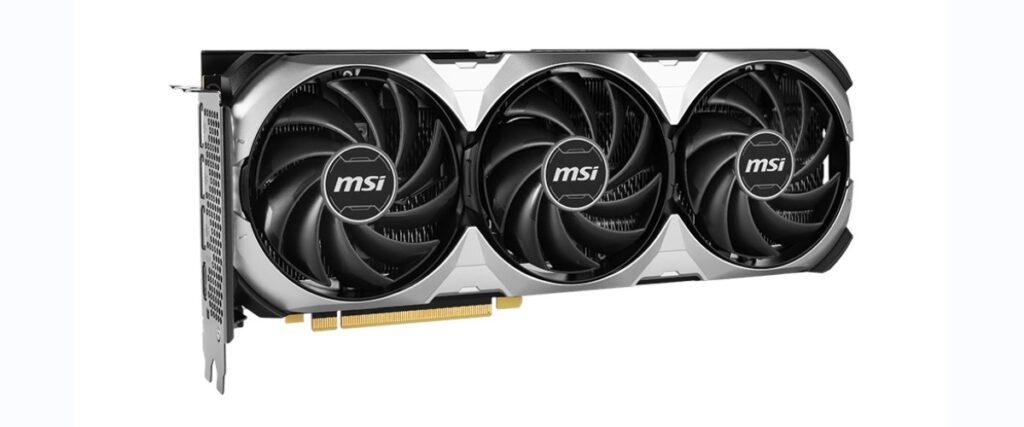RTX 4060 Ti 16GB price has dropped below MSRP in the German market
Recently, NVIDIA’s GeForce RTX 4060 Ti 16GB, based on the Ada Lovelace architecture, quietly made its market debut. However, in an unprecedented move, NVIDIA opted against its standard procedure of lifting embargoes for reviews for this new graphics card model. Several manufacturers refrained from providing review units, and the quantity and types of units available in the market were rather limited, leading to subdued interest from the gaming community.
In the European region, the official Manufacturer’s Suggested Retail Price (MSRP) for the GeForce RTX 4060 Ti 16GB is set at €549. However, due to disappointing sales performance, some retailers have already started offering discounts, significantly marking down the selling price. For instance, MindFactory, Germany’s largest retailer of electronic products, has reduced the price of MSI’s GeForce RTX 4060 Ti Ventus 3X 16G OC to €519.

Interestingly, the initial pricing for the RTX 4060 Ti 16GB Ventus 3X OC was already slightly lower than the original MSRP at €538. Despite this, and the subsequent price reduction, sales figures remained lackluster, exhibiting no significant growth.
In the recent MSI Insider program, MSI conducted live testing of the GeForce RTX 4060 Ti 16GB, involving popular games such as Cyberpunk 2077, F1 23, Rainbow Six: Siege, Fortnite, CS:GO, and Hogwarts Legacy. The outcome highlighted that the performance of the GeForce RTX 4060 Ti 16GB was marginally inferior to that of its 8GB counterpart.
The GeForce RTX 4060 Ti 16GB features an AD106-351 GPU and utilizes a PCIe 4.0 x8 interface. The fully unlocked chip contains 36 SM clusters, 4608 CUDA cores, 36 RT cores, and 144 Tensor cores. However, for the RTX 4060 Ti, only 34 SM clusters are enabled, translating into 4352 CUDA cores, 34 RT cores, and 136 Tensor cores. It is equipped with 16GB of GDDR6 VRAM, boasting a memory bandwidth of 128-bit, a memory speed of 18Gbps, and a VRAM bandwidth of 288 GB/s. NVIDIA maintains that through the utilization of a 32MB L2 cache, the effective VRAM bandwidth can be amplified to 554 GB/s.





